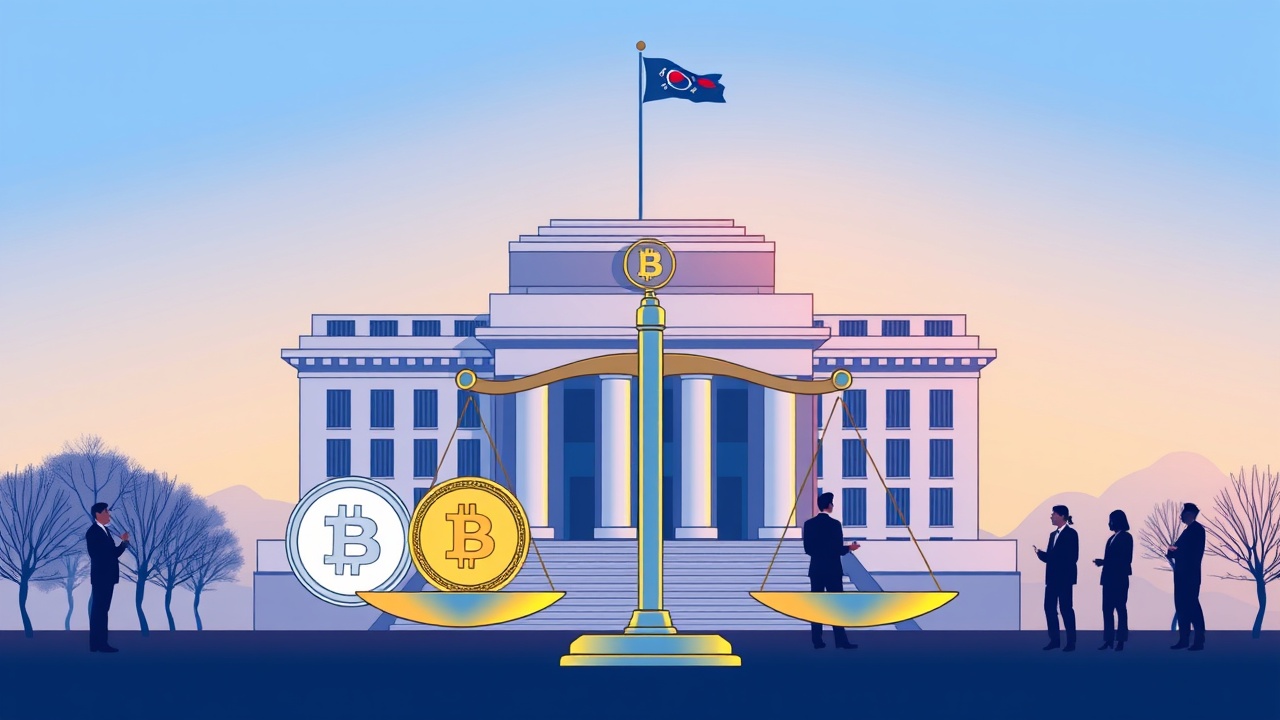Bank of Korea’s Proposal for Stablecoins
In a strategic move towards digital finance, the Bank of Korea (BOK) is proposing a gradual rollout of won-based stablecoins, initially focusing on issuance by strictly regulated commercial banks. Senior Deputy Governor Ryoo Sang-dai emphasized the importance of this cautious approach, which aims to mitigate potential disruptions to monetary policy and maintain financial stability amidst the rise of these digital assets.
Support from the Government
This initiative aligns with the goals of South Korea’s left-leaning administration under President Lee Jae-myung. Reportedly, the President is eager to honor commitments made during his campaign, which included allowing businesses to create stablecoins tied to the South Korean won. To support this push, the Democratic Party is working on legislative measures to establish the regulatory framework necessary for stablecoin operations, ensuring that South Korea remains competitive in the fast-evolving realm of digital assets.
Regulatory Oversight and Future Considerations
Ryoo noted the intent to initially restrict stablecoin issuance to banks, as their high regulatory standards provide a safe starting point.
“Once we gain insights and experience, we can consider expanding stablecoin issuance to the non-banking sector,”
Ryoo explained. He highlighted the potential consequences stablecoins could have on monetary policy and transaction systems, reiterating earlier concerns from Governor Rhee Chang-yong about managing capital flows and maintaining a solid safety net to protect the financial market and its participants.
Looking Ahead: Central Bank Digital Currency
Looking forward, the BOK is set to engage with major commercial banks to initiate a second pilot test for its central bank digital currency (CBDC), as the current administration’s policies evolve. The initial CBDC pilot, a collaborative effort with the Bank for International Settlements, is nearing completion. Ryoo expressed a commitment to enhancing the digital landscape further, revealing plans to accelerate reforms aimed at liberalizing South Korea’s currency market for foreign investors. This follows a year marked by extended trading hours and increased foreign involvement in the market, reflecting a broader trend of digitalization in the country.




